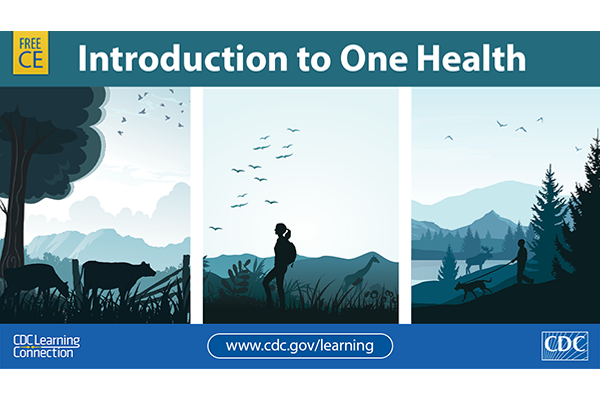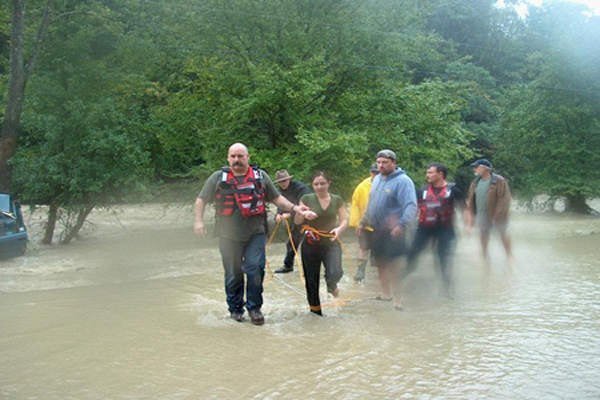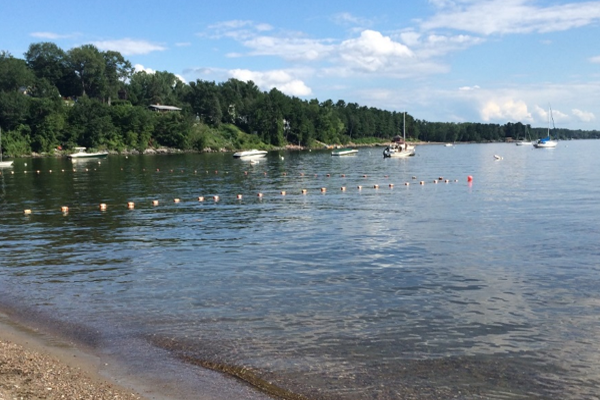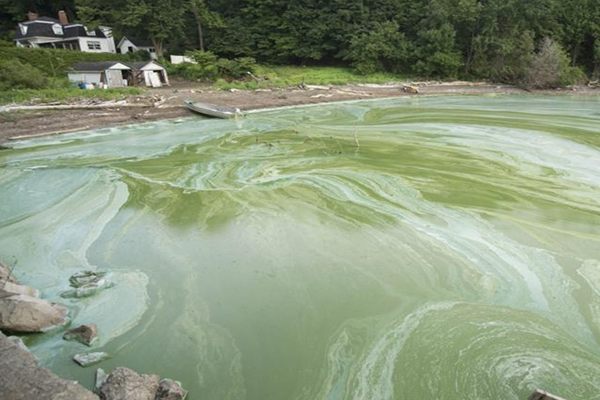
Course Information
- Audience: Public Health Professionals, Public Health Nurses, Community Health Workers
- Format: Self-paced
- Price: Free
- Length: 1 hour
- Credential(s) eligible for contact hours:
Sponsored by New England Public Health Training Center (NEPHTC), a designated provider of continuing education contact hours (CECH) in health education by the National Commission for Health Education Credentialing, Inc. This program is designated for Certified Health Education Specialists (CHES) and/or Master Certified Health Education Specialists (MCHES) to receive up to 1 total Category I continuing education contact hour. Maximum advanced-level continuing education contact hour is 1. Provider ID: 1131137 Event ID: 08122020 .
If you are not seeking a CHES/MCHES contact hours, if you complete the post-test and evaluation, you will receive a Certificate of Completion. The Certificate will include the length of the course. - Competencies: Public Health Science Skills
- Learning Level: Awareness
- Companion trainings:
- Pre-requisites: None
- Technical Requirements: None
- Supplemental Materials Reflection guide within course
About this course
Through practical lessons and real-world examples, you'll be empowered to drive meaningful action and reduce radon-related health risks in your community.
Learning objectives
After completing the training, you will be able to:
- Outline why radon is an essential topic for public health professionals.
- Describe radon's properties and explain how it moves through environments.
- Summarize the health risks associated with radon exposure.
- Outline the recommended radon testing procedure and protocols.
- Identify strategies and resources for educating the public about radon.
Subject Matter Expert
-

Stefanie Santora, R.M.P.
Senior Radon Technologist Massachusetts Department of Public Health
Stefanie Santora has served as a Radon Professional for the Department of Public Health’s Bureau of Climate and Environmental Health for 20 years. As an Environmental Analyst, she is currently the Senior Radon Technologist for the Bureau’s Healthy Homes Radon Program. She is a member of the Indoor Environments Association and certified by their National Radon Proficiency Program as a Radon Measurement Professional.
Enrollment and Contact Hours
Select the Enroll button below to register for the course. If you have any trouble accessing the course, contact support@nephtc.org.
Acknowledgement:
This project is/was supported by the Health Resources and Services Administration (HRSA) of the U.S. Department of Health and Human Services (HHS) under grant number UB6HP31685 “Regional Public Health Training Center Program.” This information or content and conclusions are those of the author and should not be construed as the official position or policy of, nor should any endorsements be inferred by HRSA, HHS or the U.S. Government.
* Yale School of Public Health, Office of Public Health Practice, a New England Public Health Training Center partner, is a designated provider of continuing education contact hours (CECH) in health education by the National Commission for Health Education Credentialing, Inc. All CHES credit inquiries are managed by YSPH
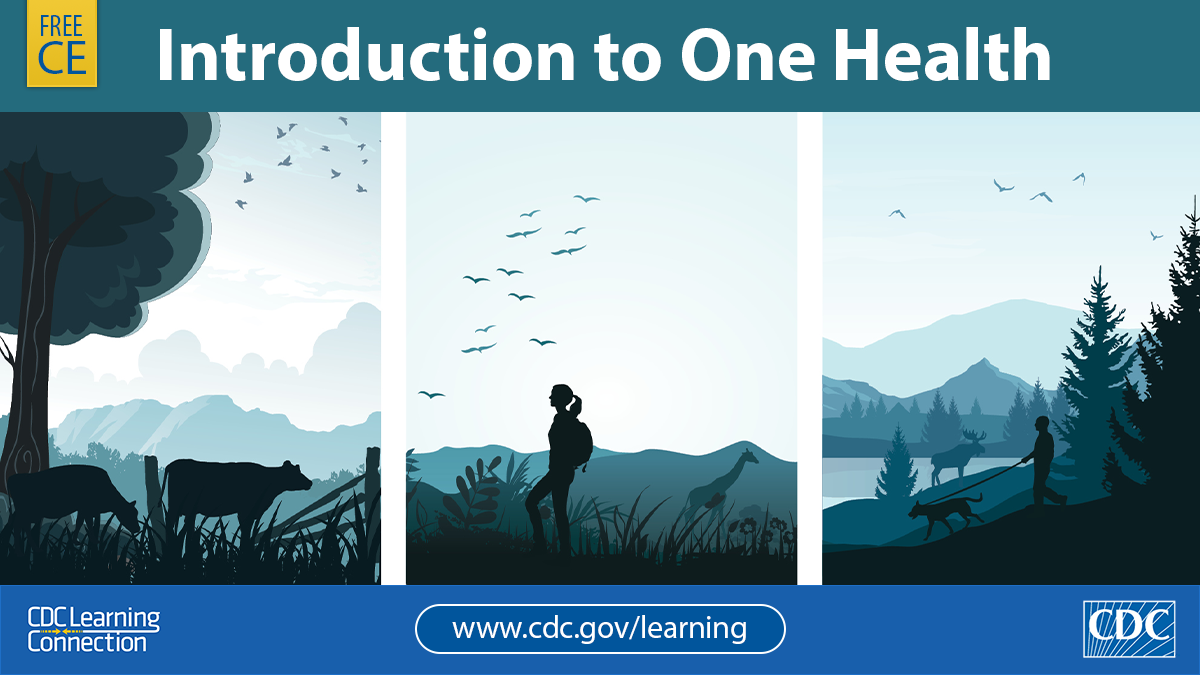
An Introduction to One Health
What is One Health and how is it relevant to public health practitioners?

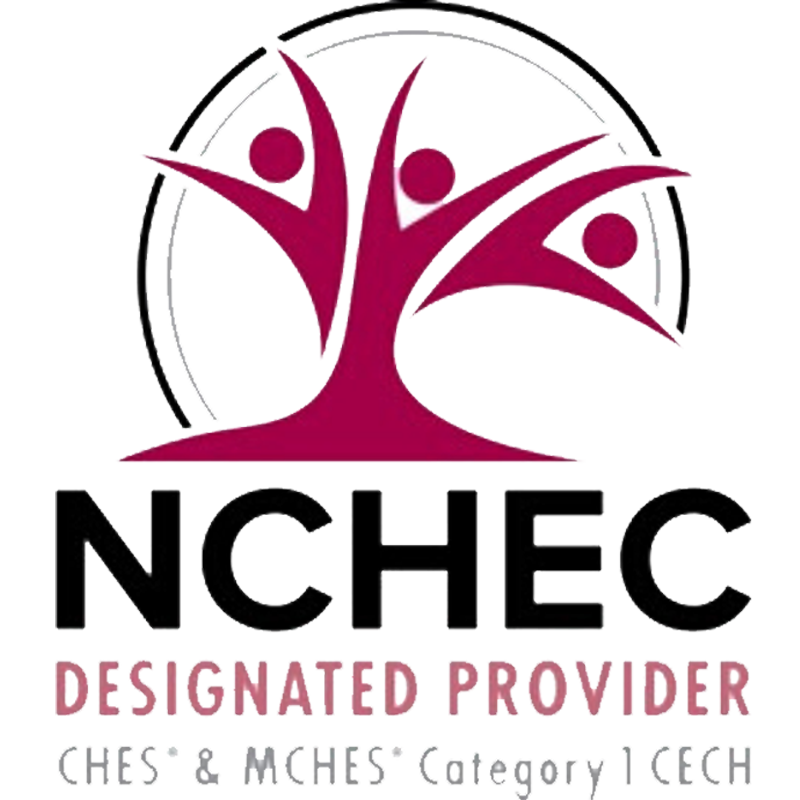
Course Information
- Audience: Public health professionals, nurses, veterinarians, human health clinicians, environmental scientists, students, and others interested in the health of humans, animals and the environment
- Format: Self-paced online training
- Price: Free
- Length: 1 hour
- Credential eligible for contact hours:
CHES: Sponsored by New England Public Health Training Center (NEPHTC), a designated provider of continuing education contact hours (CECH) in health education by the National Commission for Health Education Credentialing, Inc. This program is designated for Certified Health Education Specialists (CHES) and/or Master Certified Health Education Specialists (MCHES) to receive up to 1 total Category I continuing education contact hour. Maximum advanced-level continuing education contact hour is 1. Provider ID: 1131137 Event ID: 08122020.
If you are not seeking a CHES/MCHES contact hours, if you complete the post-test and evaluation, you will receive a Certificate of Completion. The Certificate will include the length of the course. - Credential eligible for contact hours: NCPD (Nursing Continued Professional Development) Accreditation: Boston University School of Medicine Continuing Nursing Education is accredited with distinction as a provider of nursing continuing professional development by the American Nurses Credentialing Center's Commission on Accreditation.
Contact Hours: 1.0 - Competencies: Leadership and Systems Thinking Skills
- Learning Level: Awareness
- Companion trainings: None
- Pre-requisites: None
- Technical Requirements: This training was created with Articulate Storyline. Please refer to the Articulate 360 System Specifications to ensure your system meets the minimum requirements for viewing.
About this course
Have you heard the term “One Health” but aren’t quite sure what it means or how it is different from public health? This course introduces One Health (human-animal-environmental health) to the public health practitioner. Areas of focus include
zoonotic and vectorborne diseases, pollution and ecosystem change, comparative medicine, and human-animal-environment interactions. Multiple examples are provided, including for COVID-19. You’ll come away with a new perspective on health!
What you'll learn
After completing this course, you will be able to...
- Define One Health
- Provide examples of how humans, animals and the environment are interconnected
- List the major competency areas for One Health practice
- List four main topic areas of One Health and provide examples within each and their areas of overlapping
- Describe multiple One Health aspects of COVID-19
Subject Matter Expert
-

Lynn Zanradi Blevins
Lynn Zanradi Blevins has been practicing public health in government and academic settings for 20 years in the areas of infectious disease, environmental health, emergency preparedness, and One Health (human-animal-environmental health).
Faculty Planning Committee
Lynn Blevins, MD, MPH - Faculty/Planning Committee has no relevant financial relationships to disclose and does not plan on discussing unlabeled/investigational uses of a commercial product
Karen McKenny, RN - CNE Course Advisor has no relevant financial relationships to disclose
Carmela Townsend, DNP, MS/MBA, RN, Accredited Provider Activity Director has no relevant financial relationships to disclose.
Naomi Moeller, BA, CHCP – Planning Committee has no relevant financial relationships disclose.
Enrollment and Contact Hours
Select the Enroll button below to register for the course. If you have any trouble accessing the course, contact support@nephtc.org.
Acknowledgement:
This project is/was supported by the Health Resources and Services Administration (HRSA) of the U.S. Department of Health and Human Services (HHS) under grant number UB6HP31685 “Regional Public Health Training Center Program.” This information or content and conclusions are those of the author and should not be construed as the official position or policy of, nor should any endorsements be inferred by HRSA, HHS or the U.S. Government.
Disclosure Policy:
Boston University School of Medicine asks all individuals involved in the development and presentation of Accredited Continuing Education activities to disclose all financial relationships with ineligible companies. This information is disclosed to all activity participants prior to the start of the educational activity. Boston University School of Medicine has procedures to mitigate all relevant financial relationships with ineligible companies. In addition, faculty members are asked to disclose when any unapproved use of pharmaceuticals and devices is being discussed. In accordance with the Standards for Integrity and Independence in Accredited Continuing Education, all relevant financial relationships with ineligible companies that faculty, planners, authors and anyone who may be in control of content have been mitigated.
Disclaimer:
THIS CONTINUING MEDICAL EDUCATION PROGRAM IS INTENDED SOLELY FOR EDUCATIONAL PURPOSES FOR QUALIFIED HEALTH CARE PROFESSIONALS. IN NO EVENT SHALL BOSTON UNIVERSITY BE LIABLE FOR ANY DECISION MADE OR ACTION TAKEN IN RELIANCE ON THE INFORMATION CONTAINED IN THE PROGRAM. IN NO EVENT SHOULD THE INFORMATION CONTAINED IN THE PROGRAM BE USED AS A SUBSTITUTE FOR PROFESSIONAL CARE. NO PHYSICIAN-PATIENT RELATIONSHIP
* Yale School of Public Health, Office of Public Health Practice, a New England Public Health Training Center partner, is a designated provider of continuing education contact hours (CECH) in health education by the National Commission for Health Education Credentialing, Inc. All CHES credit inquiries are managed by YSPH
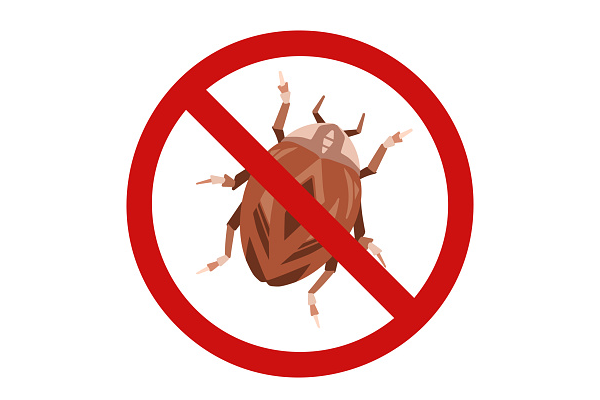
Bed Bugs: A Public Health Concern
The life cycle, consequences, laws, and effective control strategies
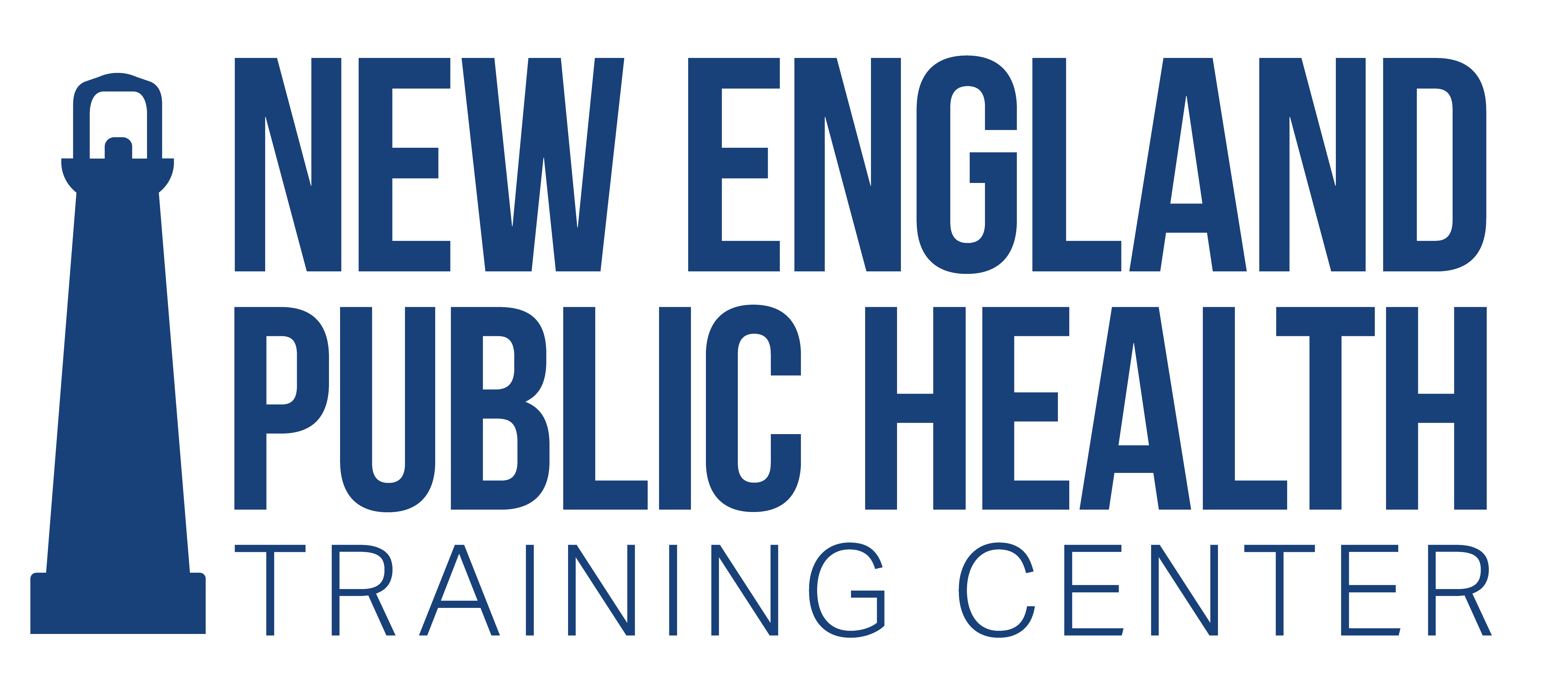
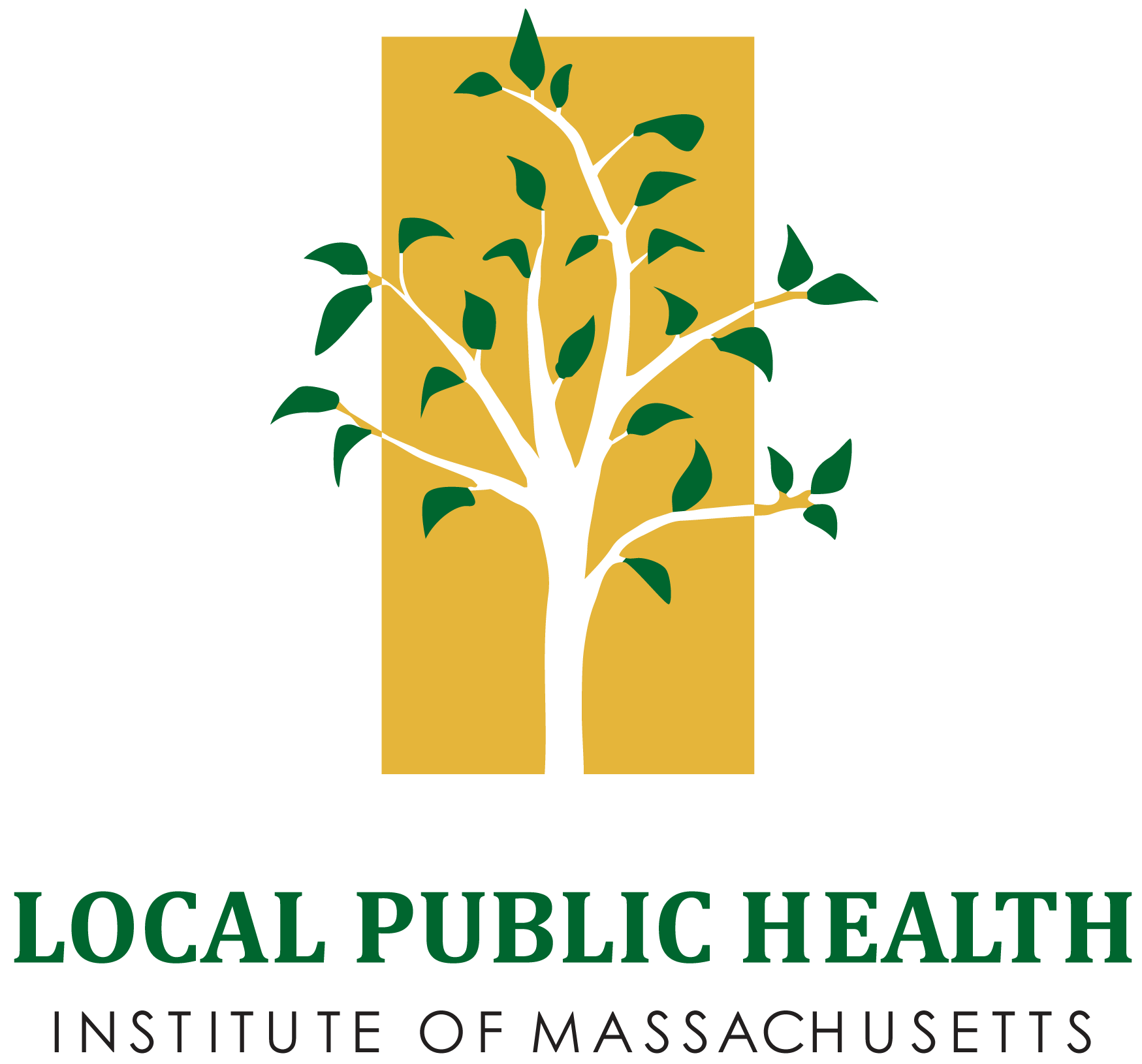

Course Information
- Audience: Public and community health professionals, task force members, and anyone interested in learning more about bed bugs.
- Format: Self-paced
- Price: Free
- Length: 1.0 hour
- Credential(s) eligible for contact hours:
Sponsored by New England Public Health Training Center (NEPHTC), a designated provider of continuing education contact hours (CECH) in health education by the National Commission for Health Education Credentialing, Inc. This program is designated for Certified Health Education Specialists (CHES) and/or Master Certified Health Education Specialists (MCHES) to receive up to 1 total Category I continuing education contact hour. Maximum advanced-level continuing education contact hour is 1. Provider ID: 1131137 Event ID: SS1131137_BBAPHC.
If you are not seeking a CHES/MCHES contact hours, if you complete the post-test and evaluation, you will receive a Certificate of Completion. The Certificate will include the length of the course. - Competencies: Public Health Sciences Skills
- Learning Level: Awareness
- Companion trainings: None
- Pre-requisites: None
- Technical Requirements: This training was created with Articulate Rise. Please refer to the Articulate 360 System Specifications to ensure your system meets the minimum requirements for viewing.
About this course
Local boards of health (LBOH) may receive complaints about bed bugs from housing occupants or other community members or a LBOH inspector may identify signs of bed bug infestations during an inspection. The presence of bed bugs can raise concerns about potential health and economic consequences. This training will provide an overview of bed bugs, outline processes and procedures for LBOH to follow when investigating bed bug complaints, and provide resources that can aid in resolving this complex public health issue.
What you'll learn
After completing this course, you will be able to...
- Describe what bed bugs are, where they’re found, their life cycle, and their feeding habits
- Explain three negative consequences of bed bug infestations
- Give an example of a law or regulation that can be cited for bed bug infestations
- Identify four signs of a bed bug infestation
- List seven ways to prevent bed bug infestations, and eight control methods (chemical and non-chemical)
Subject Matter Experts
-

Paul Halfmann
Assistant Director, MDPH, BEH Community Sanitation Program (retired)
-

Dion Irish
Commissioner Boston Inspectional Services
Enrollment and Contact Hours
Select the Enroll button below to register for the course. If you have any trouble accessing the course, contact support@nephtc.org.
Acknowledgement:
Acknowledgement: This project is supported by the Health Resources and Services Administration (HRSA) of the U.S. Department of Health and Human Services (HHS) as part of award 2 UB6HP31685‐05‐00 “Public Health Training Centers.” The contents are those of the author(s) and do not necessarily represent the official views of, nor an endorsement, by HRSA, HHS or the U.S. Government.
* Yale School of Public Health, Office of Public Health Practice, a New England Public Health Training Center partner, is a designated provider of continuing education contact hours (CECH) in health education by the National Commission for Health Education Credentialing, Inc. All CHES credit inquiries are managed by YSPH

Hoarding: A Public Health Concern
Identifying, Responding, and Resolving Hoarding Cases as a Public Health Challenge
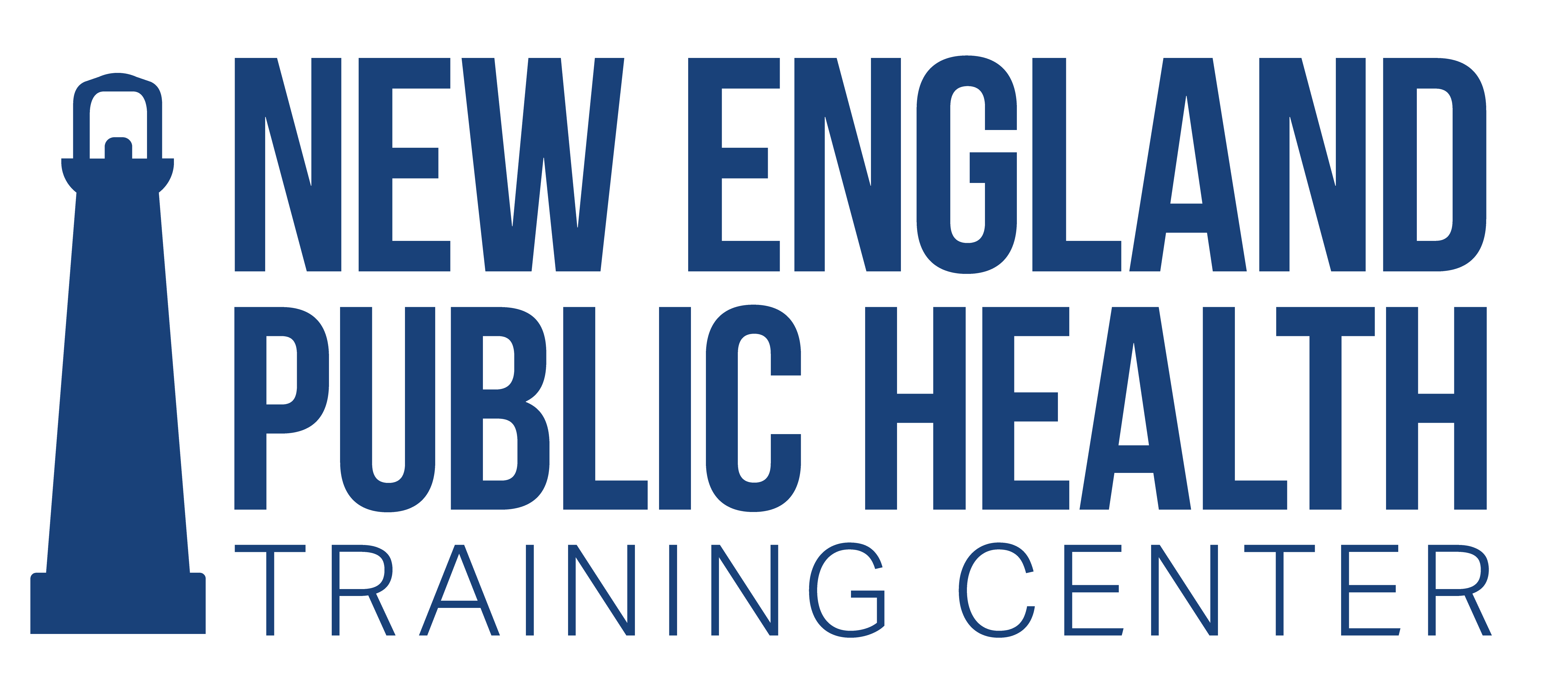


Course Information
- Audience: Public and community health professionals, task force members, and anyone interested in learning more about hoarding disorder and people who hoard
- Format: Self-paced
- Price: Free
- Length: 2.0 hours
- Credential(s) eligible for contact hours:
Sponsored by New England Public Health Training Center (NEPHTC), a designated provider of continuing education contact hours (CECH) in health education by the National Commission for Health Education Credentialing, Inc. This program is designated for Certified Health Education Specialists (CHES) and/or Master Certified Health Education Specialists (MCHES) to receive up to 2 total Category I continuing education contact hours. Maximum advanced-level continuing education contact hours are 2. Provider ID: 1131137 Event ID: SS1131137_HAPHC.
If you are not seeking a CHES/MCHES contact hours, if you complete the post-test and evaluation, you will receive a Certificate of Completion. The Certificate will include the length of the course. - Competencies: Public Health Sciences Skills
- Learning Level: Awareness
- Companion trainings: None
- Pre-requisites: None
- Technical Requirements: This training was created with Articulate Rise. Please refer to the Articulate 360 System Specifications to ensure your system meets the minimum requirements for viewing.
About this course
It is estimated that there are between six and 15 million people who hoard in the United States. This is approximately 2.5 – 5% of the adult population in this country. People who hoard may come to the attention of Local Boards of Health (LBOH). Investigating and resolving situations that involve hoarding can be complicated. This training will provide an overview of hoarding disorder, outline processes and procedures for the LBOH to follow, and list resources that will aid in resolving this complex public health issue.
What you'll learn
After completing this course, you will be able to...
- Define hoarding as described in the Diagnostic and Statistical Manual of Mental Disorders, 5th Edition
- Distinguish between hoarding and collecting
- Describe three classifications of people who hoard and two types of hoarding
- List five public health concerns related to hoarding
- Identify public health’s role in hoarding
- State the four steps a health department should take when informed of a hoarding case
- State five functions of a hoarding task force
Subject Matter Experts
-

Gail Steketee, PhD
Dean and Professor
Boston University School of Social Work
-

Wayne LaMorte, MD, PhD, MPH
Professor of Epidemiology
Boston University School of Public Health
Enrollment and Contact Hours
Select the Enroll button below to register for the course. If you have any trouble accessing the course, contact support@nephtc.org.
Acknowledgement:
Acknowledgement: This project is supported by the Health Resources and Services Administration (HRSA) of the U.S. Department of Health and Human Services (HHS) as part of award 2 UB6HP31685‐05‐00 “Public Health Training Centers.” The contents are those of the author(s) and do not necessarily represent the official views of, nor an endorsement, by HRSA, HHS or the U.S. Government.
* Yale School of Public Health, Office of Public Health Practice, a New England Public Health Training Center partner, is a designated provider of continuing education contact hours (CECH) in health education by the National Commission for Health Education Credentialing, Inc. All CHES credit inquiries are managed by YSPH
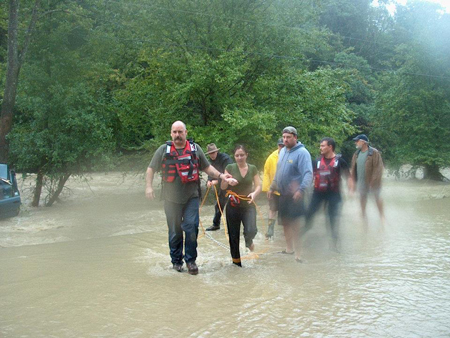
Human Health Effects of Climate Change
Do you know how climate change will affect health in your community and what you can do to reduce climate-related impacts?

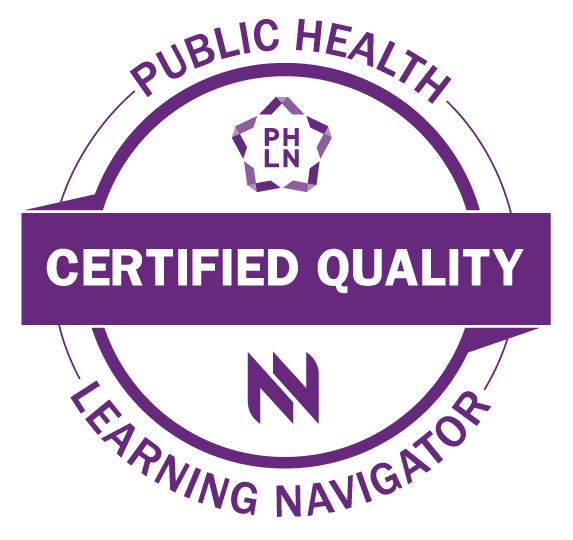
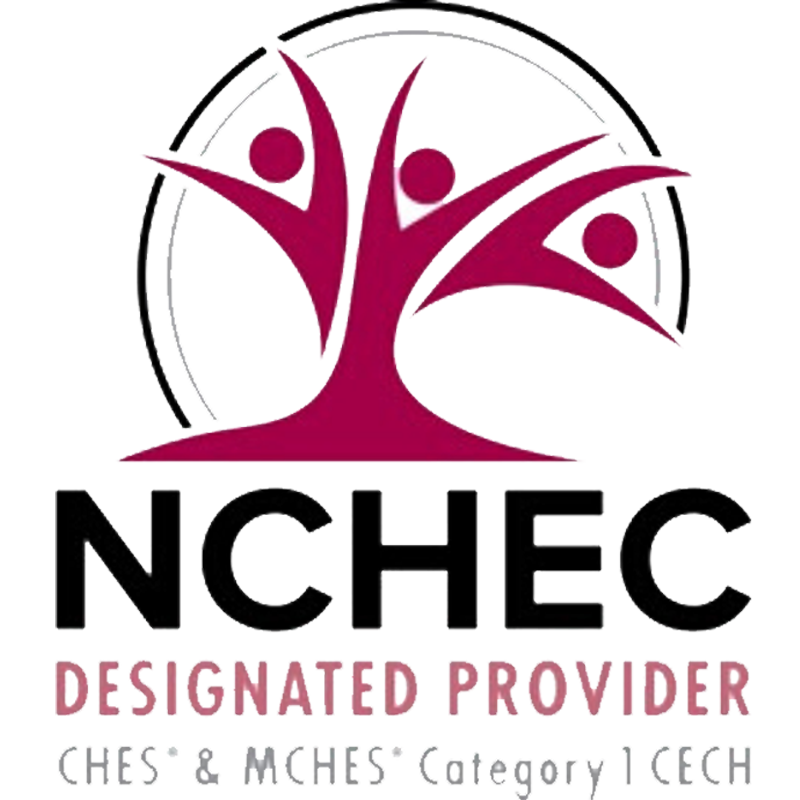
Enroll
Course Information
- Audience: Workforce in public health, emergency management, health care, natural resources, human services, agriculture, community leaders, and others intersecting with climate change and human health
- Format: Self-paced
- Price: Free
- Length: Level 1: 1 hour
Level 2: 1.5 hours - Credential(s) eligible for contact hours: Sponsored by New England Public Health Training Center (NEPHTC), a designated provider of continuing education contact hours (CECH) in health education by the National Commission for Health Education Credentialing, Inc. This program is designated for Certified Health Education Specialists (CHES) and/or Master Certified Health Education Specialists (MCHES) to receive up to 1 total Category I continuing education contact hours. Maximum advanced-level continuing education contact hours are 1. Provider ID: 1131137 Event ID: SS1131137_HHECC.
If you are not seeking CHES/MCHES contact hours, if you complete the evaluation, you will receive a Certificate of Completion. The Certificate will include the length of the course. - Competencies: Public Health Sciences Skills
- Learning Level: Awareness
- Supplemental Materials:none
- Pre-requisites:None
- Technical Requirements: This training was creating using HTML5. We recommend using the latest version of Google Chrome, Microsoft Bing or Mozilla Firefox for the best viewing experience.
About this course
Following a short overview of the causes and mechanisms of climate change, the course reviews current and expected human health impacts, with particular emphasis on impacts in Vermont and the northeast. These include heat-related illness, water-related
impacts, vector borne diseases, air quality impacts, and mental health and well-being. Because climate change affects some people more than others, populations of concern and measures of vulnerability are addressed. The course culminates with
examples of strategies used in Vermont and nationally to reduce climate change impacts on health and to improve health through climate change mitigation actions. Learners can select Level 1 for an overview or Level 2 for a deeper exploration of
the five types of health impacts.
What you'll learn
After completing this course, you will be able to...
- Explain how and why the climate is changing.
- List the health conditions exacerbated by climate change, explain how weather/climate affects each health condition, and how we expect future climate change to modify health risks.
- List those populations more vulnerable to the effects of climate change and explain why they are vulnerable.
- Describe the health co-benefits of climate change mitigation strategies.
- Describe climate adaptation and preparedness strategies to reduce climate-related health risks.
Subject Matter Experts
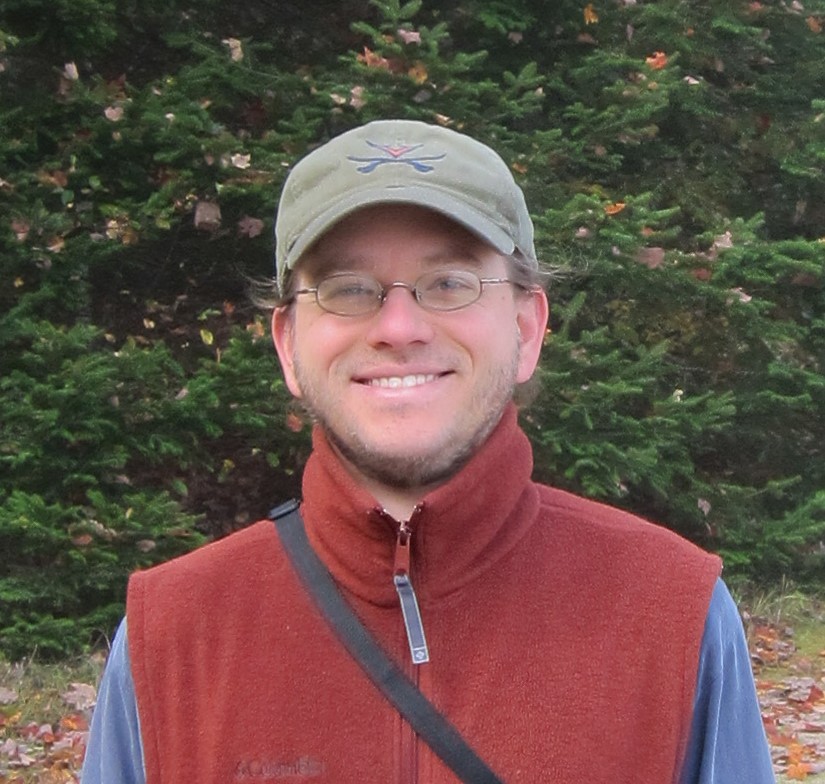
Jared Ulmer, MPH, AICPClimate & Health
Program Coordinator,
Vermont Department of Health
Lynn Blevins, MD, MPHClinical Assistant
Professor,
University of Vermont
College of Medicine
David Grass, PhDEnvironmental Health
Surveillance Chief,
Vermont Department of Health
Elizabeth Faye, MPHInstructional Technologist
Activist Lab,
BU School of
Public Health
Enrollment and Contact Hours
Note there are two different options for enrolling in this course highlighted in the table below.
The Certificate of Completion will include the length of the module. Contact hours may be applicable towards continuing education requirements for certain credentials. Check with your credentialing body to verify if the topic meets its continuing education requirements.
Having trouble accessing the course? Contact support@nephtc.org
Acknowledgement:
This project is/was supported by the Health Resources and Services Administration (HRSA) of the U.S. Department of Health and Human Services (HHS) under grant number UB6HP27877 “Regional Public Health Training Center Program”. This information or content and conclusions are those of the author and should not be construed as the official position or policy of, nor should any endorsements be inferred by HRSA, HHS or the U.S. Government.
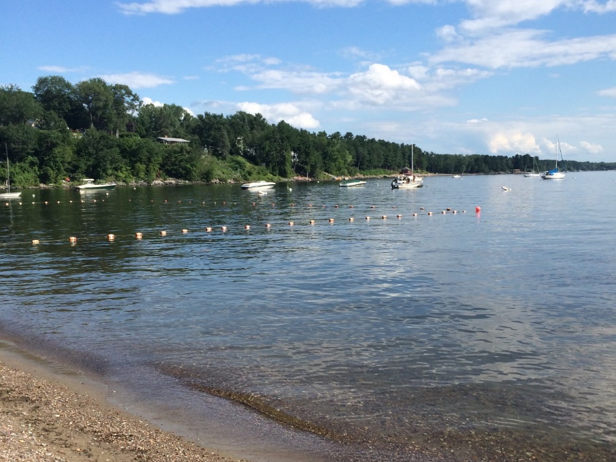
Maintaining Safe Recreational Waters
How do we minimize the public health hazards experienced by visitors to recreational waters? Learn about the health hazards common to recreational waters and how to manage them.



Enroll
Course Information
- Format: Self-paced
- Price: Free
- Length: 1.5 hours
- Credential(s) eligible for contact hours: Sponsored by New England Public Health Training Center (NEPHTC), a designated provider of continuing education contact hours (CECH) in health education by the National Commission for Health Education Credentialing, Inc. This program is designated for Certified Health Education Specialists (CHES) and/or Master Certified Health Education Specialists (MCHES) to receive up to 1 total Category I continuing education contact hours. Maximum advanced-level continuing education contact hours are 1. Provider ID: 1131137 Event ID: SS1131137_MSRW.
If you are not seeking CHES/MCHES contact hours, if you complete the evaluation, you will receive a Certificate of Completion. The Certificate will include the length of the course. - Competencies: Public Health Sciences
- Learning Level: Awareness
- Supplemental materials: Course Guide and Technical Requirements (PDF)
- Pre-requisites: None
- Technical Requirements: This training was created with Articulate Storyline. Please refer to the Articulate 360 System Specifications to ensure your system meets the minimum requirements for viewing.
About this course
This course reviews the four health hazards common to recreational waters: biological, chemical, physical, and cyanobacteria (blue-green algae). Information is provided on water sampling and testing, visual monitoring, reporting, and recreational water management (i.e., beach closure, signage). This training is intended for the environmental public health workforce, state and municipal employees responsible for management of recreational waters, as well as anyone interested in understanding how recreational waters are monitored and managed from a public health perspective.
This training is intended for public health and environmental personnel, state and municipal employees responsible for management of recreational waters, citizen scientists participating in a cyanobacteria monitoring program, as well as anyone interested in learning about cyanobacteria and how recreational waters are monitored and managed from a public health perspective.
While the regulations and administrative processes cited are specific to Vermont, the underlying science and public health implications are applicable to all states and jurisdictions.
What you'll learn
After completing this course, you will be able to address the following questions.
- Identify common recreational water hazards
- Describe regulations and strategies to prevent recreational waterborne illnesses
- Describe methods to monitor, sample, and test recreational water
- Explain the process for posting warning signs and closing beaches
Subject Matter Expert

Lynn BlevinsClinical Assistant Professor
University of Vermont
College of Medicine
Enrollment and Contact Hours
Note there are two different options for enrolling in this course highlighted in the table below.
The Certificate of Completion will include the length of the module. Generally 50 – 60 minutes is equivalent to 1 contact hour. Contact hours may be applicable towards continuing education requirements for certain credentials. Check with your credentialing body to verify if the topic meets its continuing education requirements.
If you wish to receive contact hours in Massachusetts, please go to the Massachusetts-specific training on Recreational Waters.
Course Information
- Audience: Public health and housing professionals charged with enforcement of housing and related laws and regulations in Massachusetts and community health professionals, task force members, and anyone interested in learning more about mold.
- Format: Self-paced
- Price: Free
- Length: 1.0 hour
- Credential(s) eligible for contact hours:
Sponsored by New England Public Health Training Center (NEPHTC), a designated provider of continuing education contact hours (CECH) in health education by the National Commission for Health Education Credentialing, Inc. This program is designated for Certified Health Education Specialists (CHES) and/or Master Certified Health Education Specialists (MCHES) to receive up to 1 total Category I continuing education contact hour. Maximum advanced-level continuing education contact hour is 1. Provider ID: 1131137 Event ID: SS1131137_MAPHC.
If you are not seeking a CHES/MCHES contact hours, if you complete the post-test and evaluation, you will receive a Certificate of Completion. The Certificate will include the length of the course. - Competencies: Public Health Sciences Skills
- Learning Level: Awareness
- Companion trainings: None
- Pre-requisites: None
- Technical Requirements: This training was created with Articulate Rise. Please refer to the Articulate 360 System Specifications to ensure your system meets the minimum requirements for viewing.
About this course
Local boards of health (LBOH) may receive complaints about mold from housing occupants or a LBOH inspector may identify mold during an inspection. The presence of mold can raise concerns about potential health and other effects. This training will provide an overview of mold, outline processes and procedures for LBOH to follow when investigating certain types of housing, and provide resources that can aid in resolving this complex public health issue.
What you'll learn
After completing this course, you will be able to...
- Define mold
- Name three things that spores need to grow into mold
- Discuss three possible health impacts linked to indoor exposure to mold and one non-health impact of mold growth
- Detail the regulations that apply to mold, moisture, or water damage in certain types of housing
- List seven recommendations to prevent mold growth, and eight tips to effectively clean up mold
Subject Matter Experts
-

Paul Halfmann
Assistant Director, MDPH, BEH Community Sanitation Program (retired)
-

Kathleen MacVarish
Associate Professor of the Practice
Boston University School of Public Health
Enrollment and Contact Hours
Select the Enroll button below to register for the course. If you have any trouble accessing the course, contact support@nephtc.org.
Acknowledgement:
Acknowledgement: This project is supported by the Health Resources and Services Administration (HRSA) of the U.S. Department of Health and Human Services (HHS) as part of award 2 UB6HP31685‐05‐00 “Public Health Training Centers.” The contents are those of the author(s) and do not necessarily represent the official views of, nor an endorsement, by HRSA, HHS or the U.S. Government.
* Yale School of Public Health, Office of Public Health Practice, a New England Public Health Training Center partner, is a designated provider of continuing education contact hours (CECH) in health education by the National Commission for Health Education Credentialing, Inc. All CHES credit inquiries are managed by YSPH

Monitoring for Cyanobacteria
What is cyanobacteria (blue-green algae) and how do we reduce risk among visitors to recreational waters? Learn how to detect the presence of cyanobacteria and manage recreational waters if it is present.



Enroll
Course Information
- Format: Self-paced
- Price: Free
- Length: 1 hour
- Credential(s) eligible for contact hours: Sponsored by New England Public Health Training Center (NEPHTC), a designated provider of continuing education contact hours (CECH) in health education by the National Commission for Health Education Credentialing, Inc. This program is designated for Certified Health Education Specialists (CHES) and/or Master Certified Health Education Specialists (MCHES) to receive up to 1 total Category I continuing education contact hours. Maximum advanced-level continuing education contact hours are 1. Provider ID: 1131137 Event ID: SS1131137_MC.
If you are not seeking CHES/MCHES contact hours, if you complete the evaluation, you will receive a Certificate of Completion. The Certificate will include the length of the course. - Competencies: Public Health Sciences Skills
- Learning Level: Awareness
- Supplemental materials: none
- Pre-requisites: None
- Technical Requirements: This training was created with Articulate Storyline. Please refer to the Articulate 360 System Specifications to ensure your system meets the minimum requirements for viewing.
About this course
This course provides an overview of cyanobacteria (blue-green algae) and the risks it poses to people and pets. Learn how to monitor recreational waters for cyanobacteria (including distinguishing it from look-alikes), manage recreational waters when cyanobacteria is present, and track blooms. Information is provided on documentation through photographs, water sampling and reporting systems.
This training is intended for public health and environmental personnel, state and municipal employees responsible for management of recreational waters, citizen scientists participating in a cyanobacteria monitoring program, as well as anyone interested in learning about cyanobacteria and how recreational waters are monitored and managed from a public health perspective.
This training was developed in conjunction with the University of Vermont, Vermont Department of Health, and Lake Champlain Committee to address the concern about water quality in Vermont. Therefore, the regulations and administrative processes cited are specific to Vermont. However, the underlying science and public health implications are applicable to all states and jurisdictions.
What you'll learn
After completing this course, you will be able to answer the following questions.
- What are cyanobacteria?
- What are the risks to people and pets?
- How do you monitor for it?
- What should you do if you find it?
- How can you track instances?
Subject Matter Expert

Lynn BlevinsClinical Assistant Professor
University of Vermont
College of Medicine
Enrollment and Contact Hours
Note there are two different options for enrolling in this course highlighted in the table below.
The Certificate of Completion will include the length of the module. Generally 50 – 60 minutes is equivalent to 1 contact hour. Contact hours may be applicable towards continuing education requirements for certain credentials. Check with your credentialing body to verify if the topic meets its continuing education requirements.
If you wish to receive contact hours in Massachusetts, please go to the Massachusetts-specific training on Recreational Waters.




